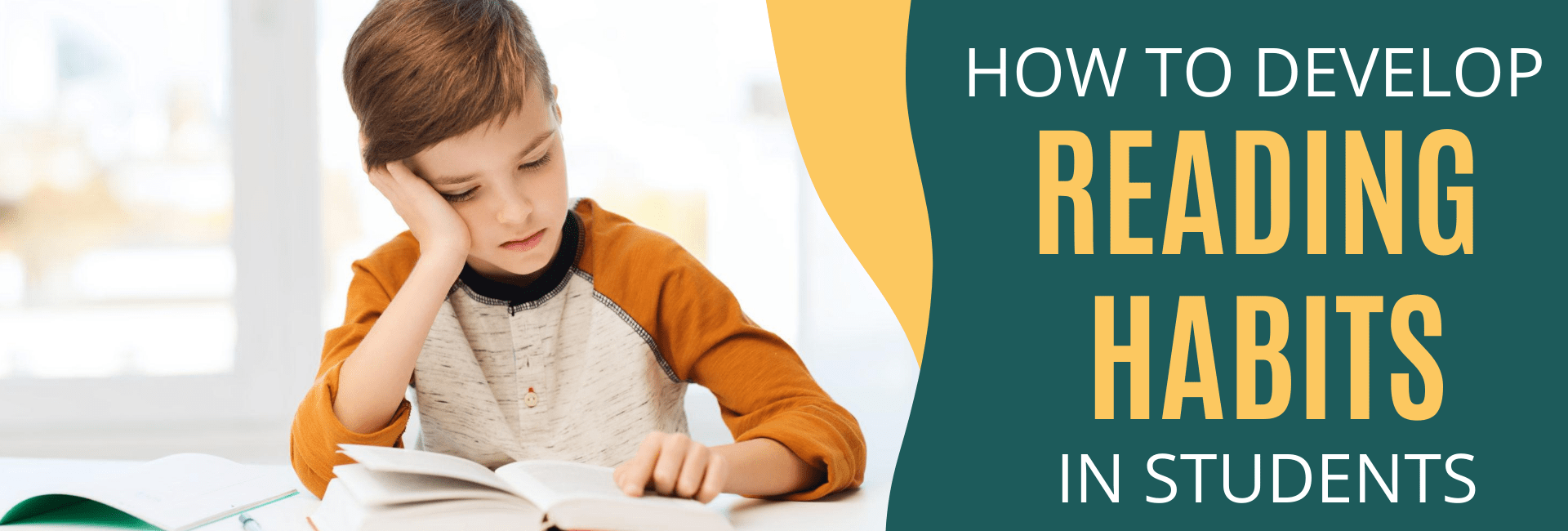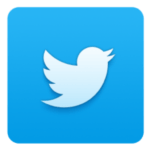
Develop a Reading Habit
In a world overflowing with distractions, cultivating a reading habit can feel like navigating through murky waters. Yet, the rewards of diving into books are immense. Reading isn’t just about enjoyment; it’s a powerful tool for lifelong learning that enriches our minds and broadens our horizons. Whether you’re seeking knowledge to advance your career or simply want to explore new ideas, developing a consistent reading practice is essential.
Imagine uncovering new perspectives, sharpening your critical thinking skills, and expanding your creativity—all from turning pages! The journey may seem daunting at first, especially with busy schedules and endless priorities competing for attention. However, building this habit doesn’t have to be overwhelming. With the right strategies in place, anyone can embrace reading as an integral part of their daily routine. Let’s delve into how to make reading a seamless aspect of your life while fostering personal growth along the way.
The Importance of Reading for Lifelong Learning
Reading is the gateway to endless knowledge. It opens doors to ideas that can transform our understanding of the world. Each book offers a unique perspective, enriching our lives in ways we often overlook.
Engaging with diverse topics fosters critical thinking and creativity. As you explore new subjects, your brain forms connections that enhance problem-solving skills. This intellectual stimulation is vital for personal growth.
Moreover, reading nurtures empathy by allowing us to step into different characters’ shoes. We become more attuned to others’ experiences and emotions, which broadens our social awareness.
In an era where information evolves rapidly, staying informed through reading ensures we remain relevant in both personal and professional spheres. Lifelong learners leverage books as tools for continuous development, ensuring they never stagnate or fall behind in today’s fast-paced environment.
How to Set Realistic Reading Goals
Setting realistic reading goals begins with understanding your current habits. Assess how much time you can dedicate to reading each day or week. Start small—perhaps aim for just 10 pages a day.
Consider your interests when choosing books. Setting goals that align with your passions makes the process enjoyable rather than a chore. Mixing genres can keep things fresh and exciting.
Try using specific milestones, like finishing one book per month or exploring different authors every quarter. Track your progress in a journal or an app to stay motivated.
Be flexible with these goals; life can get busy, and it’s perfectly okay to adjust as necessary. Celebrate small victories along the way, whether it’s completing chapters or simply enjoying moments spent immersed in literature. This approach will cultivate motivation and sustain momentum on your journey toward developing a lasting reading habit.
Finding Time to Read in a Busy Schedule
Finding time to read in a busy schedule can feel daunting. However, small adjustments can lead to significant changes.
Start by carving out pockets of time throughout your day. This could be during your morning commute or while waiting for an appointment. Keep a book or an e-reader handy for those moments.
Also, consider setting aside specific times dedicated solely to reading. Even 15-20 minutes before bed can make a difference. It’s all about consistency and creating that daily ritual.
Another tip is to integrate reading into your current activities. Listen to audiobooks during workouts or while cooking. This way, you’re multitasking without compromising on learning.
Don’t forget the power of digital platforms too! E-books allow you to read whenever and wherever it suits you best, making it easier than ever to fit books into your life amidst the chaos.
Diversifying Your Reading List
Diversifying your reading list opens up new worlds of knowledge and perspective. It allows you to explore different genres, cultures, and ideas that challenge your thinking.
Consider mixing fiction with nonfiction. A gripping novel can spark creativity while a biography might inspire you with real-life achievements. Poetry can provide emotional depth, while science books expand your understanding of the universe.
Don’t shy away from authors outside your usual preferences. Reading works by international writers exposes you to global viewpoints and experiences. This variety enriches your comprehension of humanity’s diversity.
Include graphic novels or audiobooks too. They offer unique storytelling methods that engage different senses and enhance learning in unexpected ways.
By continually seeking out fresh material, you’ll keep your mind sharp and curious—key elements for fostering lifelong learning through reading.

Strategies for Retaining Information from Books
Retaining information from books can be a challenge, but there are effective strategies to enhance memory. One powerful method is the practice of active reading. Engage with the material by highlighting key points and jotting down notes in the margins. This keeps your mind alert and focused.
Another helpful technique is summarizing chapters after finishing them. Take a moment to reflect on what you’ve read, distilling it into your own words. This reinforces understanding and aids recall.
Discussion also plays a vital role in retention. Share insights or concepts from the book with friends or online communities. Teaching others solidifies your grasp on the subject matter.
Visual aids can further boost memory retention; create mind maps or infographics that represent ideas visually. Associating images with text makes recalling details easier later on.
Revisit important sections periodically for reinforcement, transforming what you’ve learned into lasting knowledge through repetition.
Incorporating Reading into Daily Life Activities
One of the easiest ways to develop a reading habit is to integrate it into your daily routine. Start by keeping a book or e-reader with you at all times. Whether you’re waiting for an appointment, commuting, or enjoying your lunch break, seize those moments to read.
Consider pairing reading with other activities. For instance, listen to audiobooks while exercising or cooking. This not only makes multitasking enjoyable but also enriches your mind without demanding extra time.
Set aside specific times in your day dedicated solely to reading. It could be the first thing in the morning over coffee or winding down before bed. Establishing these pockets of time can gradually transform reading into an essential part of your life.
Engage with family members too—read together during quiet evenings as a bonding activity that fosters mutual learning and enjoyment.
The Benefits of a Reading Habit for Personal Growth
A reading habit opens doors to new perspectives. Each book introduces you to different cultures, ideas, and philosophies that can shape your understanding of the world.
Engaging with diverse content enhances critical thinking skills. You learn to analyze situations from multiple viewpoints, fostering better problem-solving abilities in real-life scenarios.
Moreover, reading stimulates creativity. Imagining characters and settings allows your mind to explore uncharted territories. This creative spark can translate into innovation in personal or professional projects.
Emotional intelligence also benefits from a dedicated reading routine. Stories often delve into human experiences that help readers develop empathy and connect with others on a deeper level.
Regular reading sharpens communication skills. Exposure to varied writing styles enriches vocabulary and expression, making it easier for you to articulate thoughts effectively in conversations or written forms.
Encouraging Others to Develop a Love for Reading
Sharing your passion for reading can inspire others to embrace it too. Start by discussing books that have profoundly impacted you. Personal stories resonate more than abstract recommendations.
Create a cozy book club atmosphere where friends can gather and share thoughts on various genres. This communal experience fosters discussion, making reading enjoyable and social.
Recommend diverse authors and themes to broaden perspectives. A well-rounded reading list ignites curiosity and opens new worlds.
Lead by example; let others see you engaged in your latest read. Your enthusiasm is contagious.
Consider gifting books or sharing articles that align with their interests. Thoughtful gestures show that you value their journey toward developing a love for reading.
Encourage open conversations about what they like or dislike in literature. Understanding their preferences helps tailor suggestions, creating an inviting environment for growth and exploration in the realm of books.
Conclusion: Journey Towards Lifelong Learning through Reading
Embracing a reading habit is not merely about picking up books. It’s a transformative journey that enriches the mind and soul. As you navigate through various genres and topics, you’ll discover new perspectives and ideas that challenge your thinking.
Developing this habit fosters curiosity and ignites a passion for lifelong learning. Each page turned offers an opportunity to learn something new, whether it’s a historical fact or practical advice applicable to everyday life.
By setting realistic goals, finding time amidst your busy schedule, diversifying your reading list, and employing effective strategies for retaining information, you’re laying the groundwork for ongoing personal growth. Incorporating reading into daily routines can turn mundane moments into enriching experiences.
Moreover, sharing this love with others cultivates an environment of collective growth—one where everyone thrives on knowledge gained from literature.
As you embark on this path towards lifelong learning through reading, remember that every book read contributes to who you are becoming. Your journey will be unique but filled with countless rewards waiting just beyond those pages.



Leave a Reply